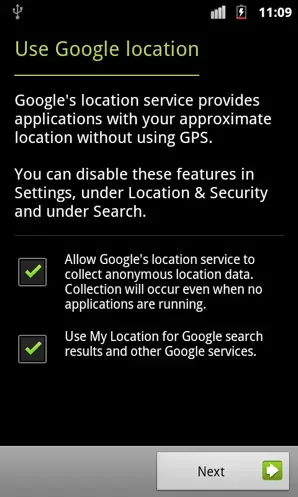Reaffirmation that Google’s Collecting of Location Data is Nothing to Fear

Unlike Apple’s collecting of location data from iPhone users, Google allows users of their Android operating system to opt in and out of data collection. If that one caveat alone was not enough to put your mind at ease, perhaps a bit of clarification of how and why Google collects data will. When an Android phone is booted up for the first time, a unique ID called a “platform key” is created. This platform key is a string of numbers and letters tied directly to your phone, and a new one is generated every time you perform a factory reset. It is similar to the Android ID used by developers to keep track of scores in games and other app data.
The platform key, as Google has defended, does not come associated with any personal info such as phone number or email and provides Google no way of identifying more than where a certain phone is at any given time. Not being able to place a name or face with the platform key means Google could never use the data to perform some sort of Big Brother tracking of individuals or pinpoint a specific person’s whereabouts. They could find a phone, but not knowing who it belongs to Google could never actively seek out any individual user. What Google does use the collected information for is tracking things like traffic flow for use in Google Maps.
If you still want to wear a tin hat, feel free to double check that you have opted out of sharing your location data with Google. We don’t blame. Google has a history of questionable data collection at the price of user privacy. With Android location data, we don’t really see the problem.
[via WSJ]